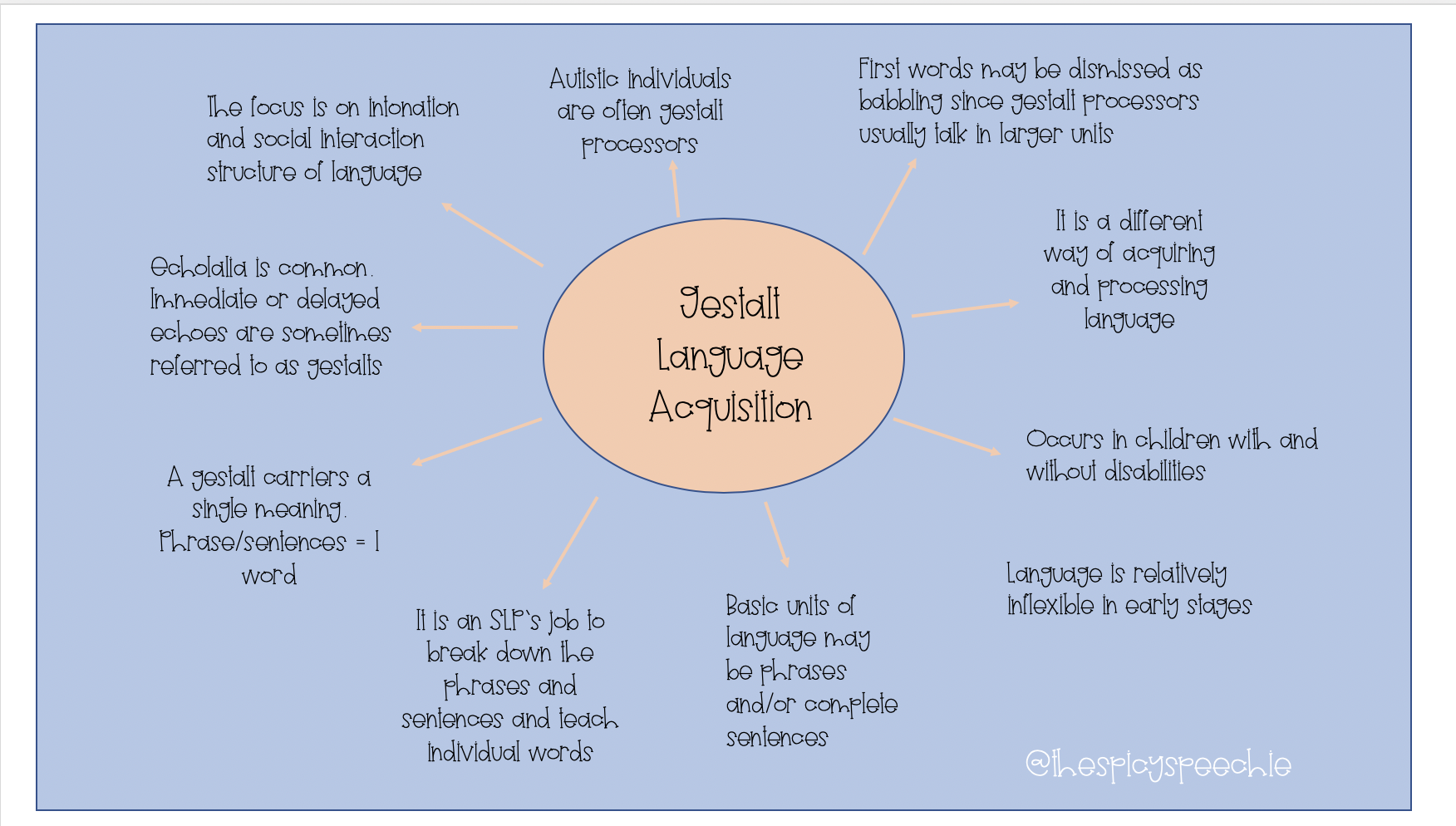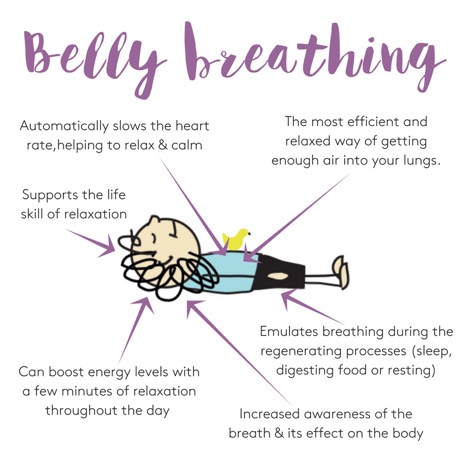How Can I Promote Making Choices for My Toddler in the Home?
In speech therapy, I often work on the skill of making choices with my clients. This skill enables children to feel more independent, and allows them to demonstrate their likes and dislikes. When we consider the skill of making choices, there’s various components at hand: building vocabulary, establishing attention and strengthening verbal skills. If a child is not yet at the verbalization stage, gesturing or pointing still facilitates communication. When offering choices, I often also see a decrease in negative behaviors such as inattention or crying/yelling. So how do I promote this skill? Through repeated practice, of course! Parents often ask how they can be facilitating this skill in the home environment — there are many ways to target making



